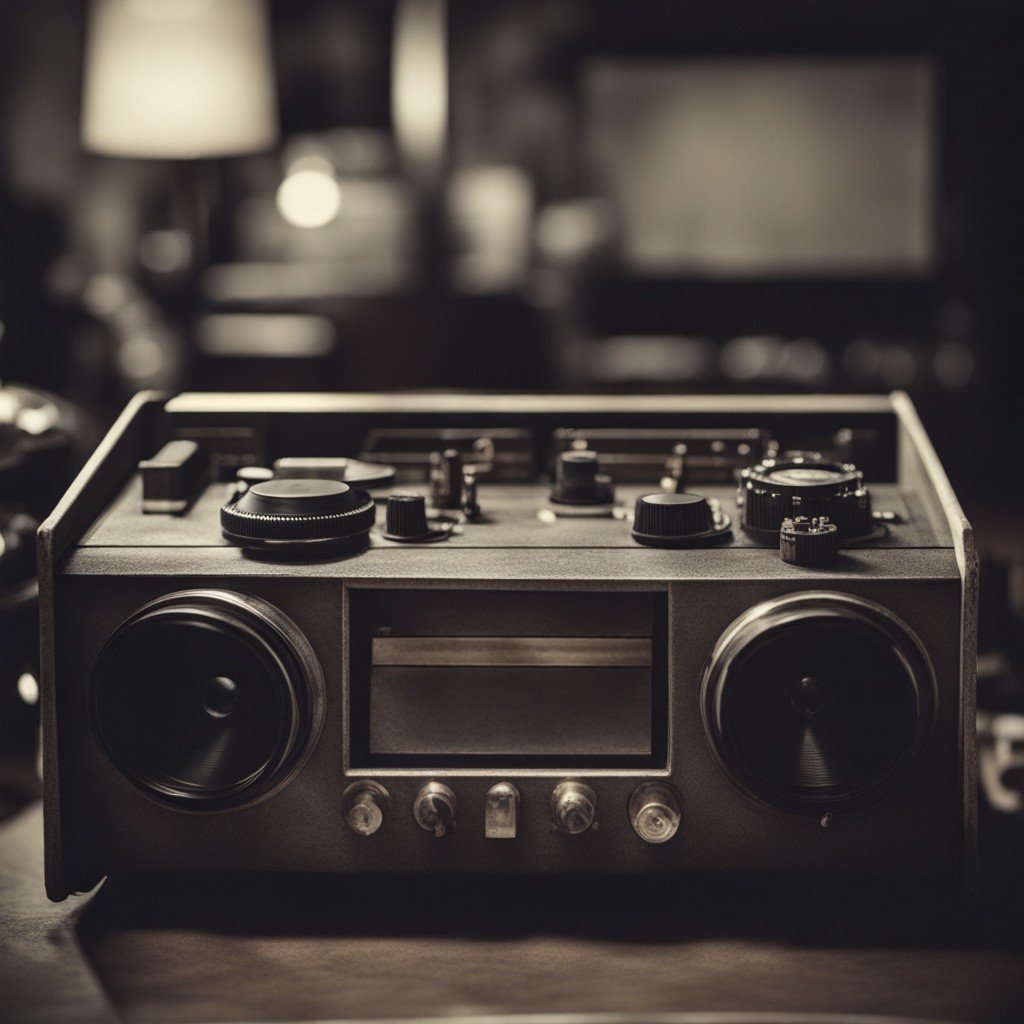Game Audio Development is a collaborative effort that involves several specialized roles and professionals working together to create the audio experience in a video game. Here are some of the key individuals and roles involved in game audio development:
- Audio Director: The audio director is responsible for overseeing the entire audio production process in a game. They work closely with the development team to ensure that audio elements align with the game’s creative vision and technical requirements.
- Composer: Composers create the game’s musical score, including themes, background music, and soundtracks. They work closely with the audio director to capture the desired mood and emotions in the music.
- Sound Designer: Sound designers are responsible for creating and implementing sound effects, such as footsteps, weapon sounds, environmental noises, and more. They use various tools and techniques to craft these audio elements.
- Voice Actor: Voice actors provide the voices for characters in the game. They work with directors and writers to deliver dialogues and capture the personality and emotions of the characters they portray.
- Audio Programmer: Audio programmers work on the technical aspects of game audio. They integrate audio engines, implement sound playback systems, optimize audio performance, and ensure that audio seamlessly synchronizes with gameplay.
- Foley Artist: Foley artists create sound effects by performing actions in sync with the on-screen actions. They use a variety of props and recording techniques to capture real-world sounds, adding authenticity to the audio experience.
- Orchestrator and Music Arranger: In cases where live orchestration is used, orchestrators and music arrangers work to adapt the composer’s music for live performances, ensuring that it translates well from sheet music to a live orchestra or ensemble.
- Localization Team: The localization team is responsible for adapting and translating all audio elements, including voiceovers and subtitles, to different languages to make the game accessible to a global audience.
- Audio QA Testers: Audio quality assurance testers listen to and test all audio elements in the game to identify any issues, such as synchronization problems, glitches, or audio bugs that need to be addressed.
- Dialogue and Narrative Writers: Writers contribute to the game’s narrative by creating dialogues, scripts, and storylines. They work closely with voice actors to ensure that the dialogues align with the game’s narrative.
- Narrative and Audio Directors: In narrative-driven games, narrative directors oversee the storytelling aspects, including the integration of audio elements. Audio directors ensure that audio elements support and enhance the narrative.
- Recording Engineers: Recording engineers are responsible for capturing high-quality audio during recording sessions with voice actors and musicians. They handle the technical aspects of recording and ensure clean, clear audio recordings.
Game audio development requires close collaboration between these professionals to create a cohesive and immersive audio experience that complements the gameplay, storytelling, and overall artistic vision of the game. The roles and responsibilities can vary depending on the size and scope of the game, with larger productions often involving larger audio teams.





